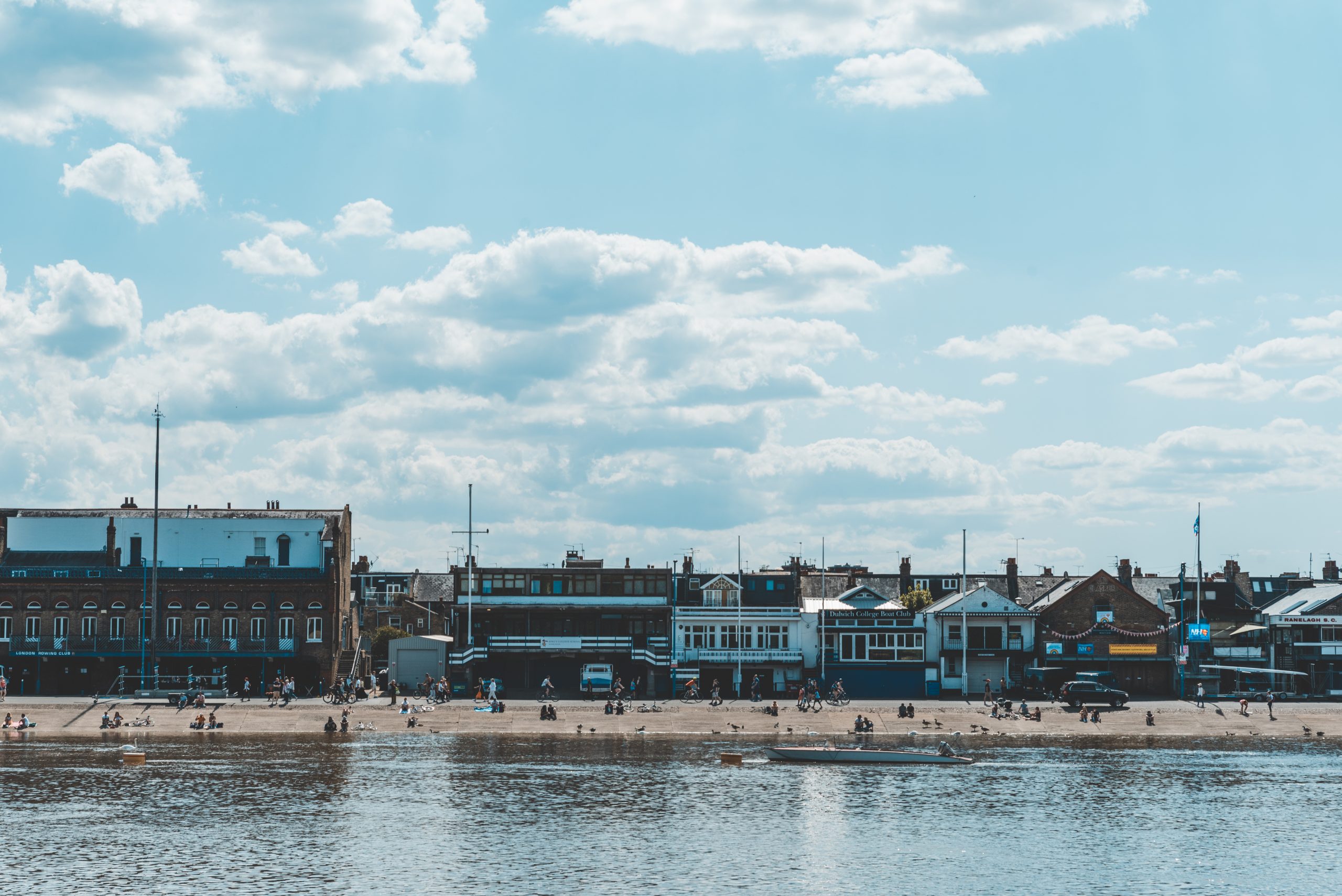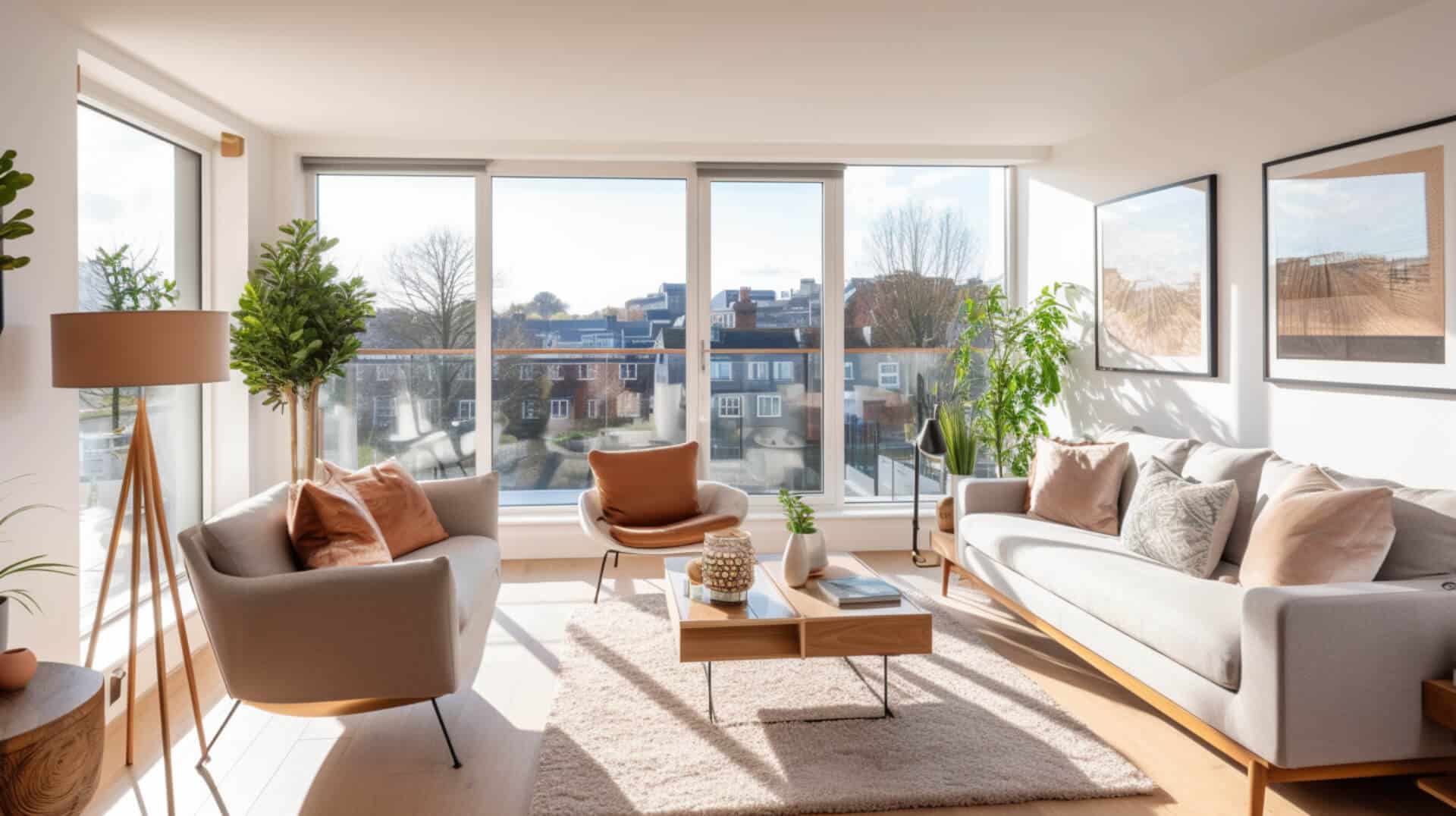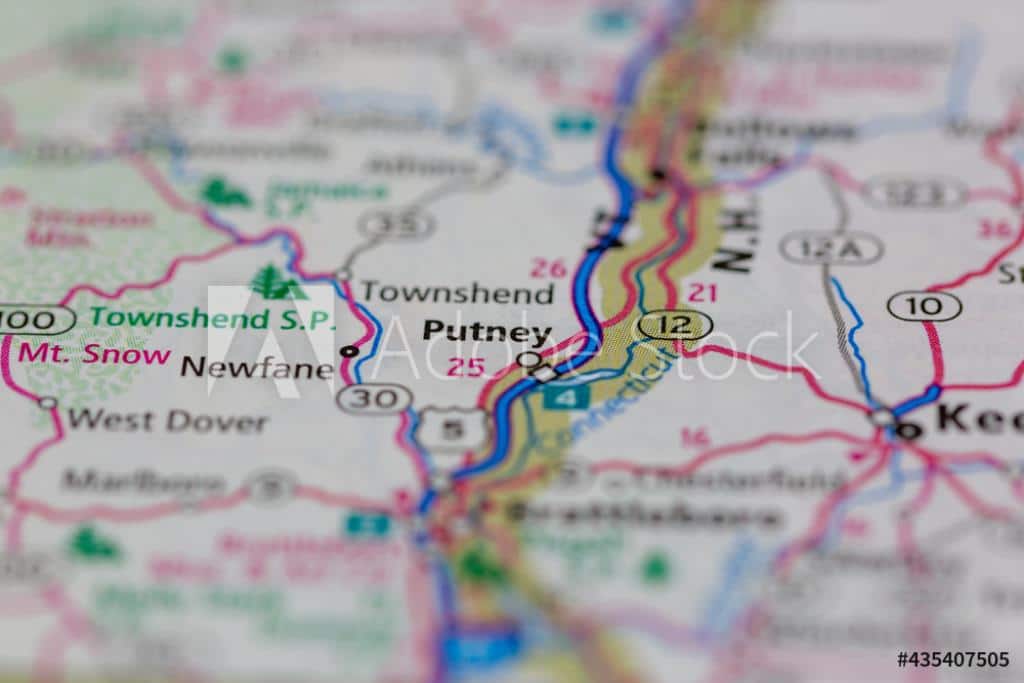
Putney is a district of the London Borough of Wandsworth in southwest London, England. It is situated 7.9 km (4.9 miles) southwest of Charing Cross. The region is listed as one of 35 major centres in Greater London in the London Plan.
What is Putney, London like?
Putney is where Londoners came for pleasure to enjoy the open spaces and clean air for centuries. Putney has been one of the United Kingdom’s most important rowing centres since the second half of the 19th century. It is recognised as the starting point for the annual Oxford and Cambridge University annual boat race, which is what Putney is probably most famous for. Putney has a rich and varied history that extends from Neolithic and pre-Roman settlements to the present day. Its venue, close to London’s heart and next to the Thames River, makes it an ideal place for both business and cultural activities.
What is the history of Putney?
Since Roman times, there has probably been a ferry at Putney, as the river at this point is limited in width, allowing easy crossing. The Kings Carpenter designed a wooden toll bridge in 1729, and this lasted until the completion of the new stone bridge built in 1886, which was later extended in 1933. It is one of the busiest of all crossings of the Thames today. The Church of St Mary, by Putney Bridge, is ancient and contains brass dating from 1476.
The headquarters of Cromwell’s army was briefly situated at Putney during the Civil War. Meetings of the Army Council were held at the Chancel of the Church in 1647. Such discussions were published as the “Putney Debates” about the future government of the kingdom. However, their contemporary effect was moderate and may have inspired the United States of America’s American Declaration of Independence and Constitution.
Where did the name Putney come from?
The name essentially derives from the Anglo-Saxon Puttan Hythe, which means the landing place of Putta. It didn’t fall into the category of local jurisdictions known as a manor but received 20 shillings from the Mortlake Manor Ferry or market toll at Putney.
Famous names who lived in Putney, London
Formerly a tiny riverside village, the history of Putney is rich. A few steps east of Putney Bridge in Brewhouse Lane, a blue plaque commemorates Thomas Cromwell, Henry VIII’s chief minister and faithful servant, who was nevertheless beheaded as a traitor and heretic on the orders of the King in 1540. Cromwell was born in Putney in 1485. Putney can claim more than its fair share of famous inhabitants, lined with blue plaques and even with green plaques from the local council.
The celebrated photographer, Norman Parkinson (1913-1990), was born in Putney. On Putney Hill, Algernon Swinburne, the Victorian poet, lived and died. He spent his formative years with the historian Edward Gibbon (1737-1794), the author of The Decline and Fall of the Roman Empire. The post-war Prime Minister, Clement Attlee, was born in Portinscale Road in Putney in 1883. Early aircraft builder Sir Edwin Alliott Verdon Roe designed his first biplane in his brother’s West Hill workshop. Today, the area is also home to a former Deputy Prime Minister.
Is property expensive in Putney, London?
Putney is pricey, and you’re certainly paying a premium to live there. The houses are stunning, and a great plus are the parks and riverfront. Parts of Putney offer greater value, like the Dover House conservation area, since they are further away from transport links. Putney in London is a wealthy UK area to live, property prices are higher, but as they say location, location, location is paramount.



